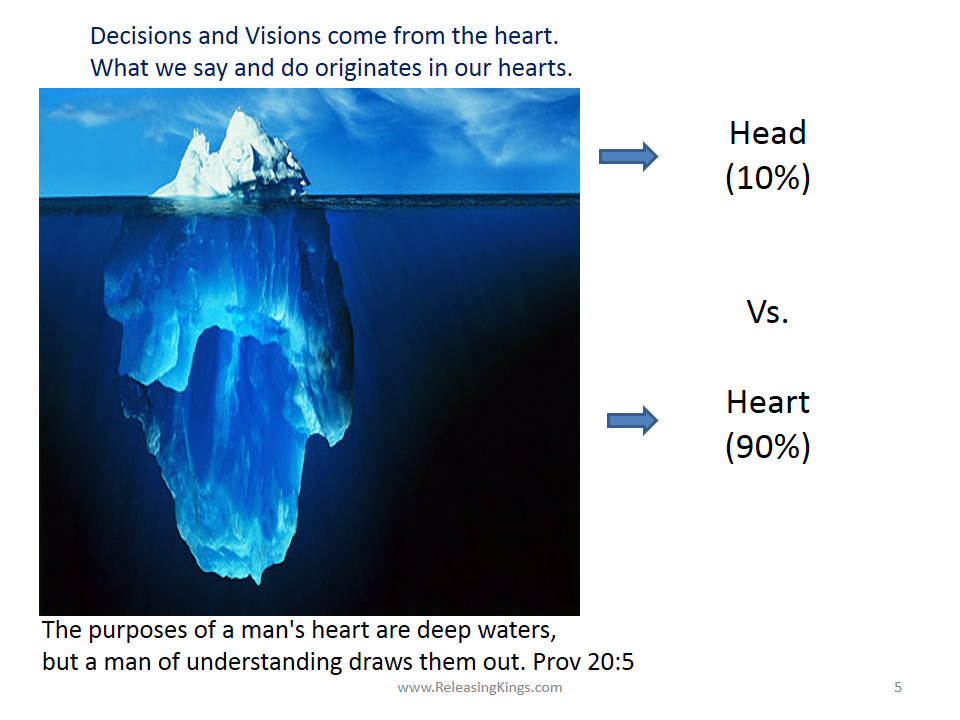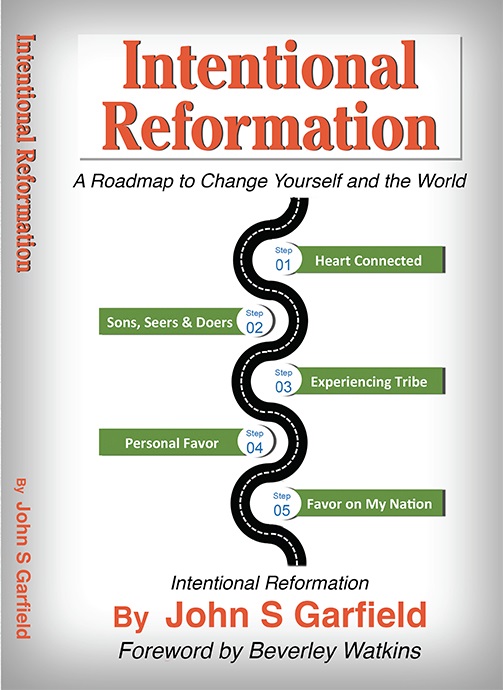How we got here – Around 1900, Henry Ford developed an assembly line process that successfully produced millions of cars. As the decades went by, Fordism crept into education and management theory in a conceptual way that resulted in humans being thought of as objects of the assembly line themselves. In education, we treat every child to the same 12 grades, course work, and standardized testing as though they were stamped out of the same machine. In the corporate world, employees are subjected to the same training, procedures and standards so that they will produce consistent and quality results. If all this sounds a little impersonal, it is. Many don’t survive the “process” of education or the corporate work environment.
Why we got here – This history of how people relate to one another in a professional environment can be very awkward and artificial. The institutional approach to people is dispassionate and superficial for several reasons. The theological foundation was that people are “depraved” …a theological doctrine derived from the management theory is that people are prone to wrong behavior and they must be controlled, trained, standardized and processed. And, the defective human products from this assembly line need to be discarded (fired) or recycled (retrained).
What it feels like – Those beliefs have mitigated somewhat in a century, but the corporate environment is still prone to be intellectual, detached and cold. Although love is the language of real people, that Kingdom principle is not generally understood by modern managers who see their jobs as guiding behavior toward a company goal. Jesus and Freud agreed on one thing: people have hearts (or a subconscious) and their behavior is premised on what’s in their hearts (not their heads).
The good man brings good things out of the good stored up in his heart, and the evil man brings evil things out of the evil stored up in his heart. For out of the overflow of his heart his mouth speaks. Luke 6:45 NIV
For out of the overflow of the heart the mouth speaks. 35 The good man brings good things out of the good stored up in him, and the evil man brings evil things out of the evil stored up in him. Matt 12:34-35 NIV
Above all else, guard your heart, for it is the wellspring of life. Prov 4:23 NIV
Barbaric? – 90% of what we say and do comes right out of our heart. Now, you would think a corporation would want managers to be very skilled in relating to hearts for the sake of performance, corporate profit and the general well-being of the staff???
Not so fast. Yes, it’s 2014, but the institutional world still feels a little barbaric in every mountain. Organizational leadership is generally 90% mental, focused on procedures, training, and work control processes, and 10% on heart. They simply don’t have a paradigm for loving people, and cultivating expressions of the heart: compassion, nurture, creativity, intuition, spirituality, enthusiasm and initiative. The concept that every person is unique and uniquely called and motivated by their Kingdom purpose… is simply beyond the grasp of modern organization theory at the moment. The result – we get 10% of the potential in every person… at best.
So how would a Kingdom manager in a Kingdom corporation act? …in the first person.
Respect – I believe that every person carries a gift from God, a commission He placed as a desire in their heart that motivates them to achieve their greatest contribution. My job is to help them make that heart connection… to help make their dream come true.
Love – People are wounded and withdrawn by experiences with rejection and hatred. They’ve already had a bad experience… with a leader. They’ve been misled. But they are healed and empowered by encounters with love. I would watch for opportunities to walk people through the “experience” of being loved and appreciated by my actions and words. I would hug people as often as I could get away with it. I would develop a culture of love in the leadership.
“A new command I give you: Love one another. As I have loved you, so you must love one another. By this all men will know that you are my disciples, if you love one another.” John 13:34-35 NIV
Listening – I have good reason to believe that there is something of value in the heart of each person that can benefit me, the corporation, and our competitive edge in productivity and profitability. I would try to hear what that contribution is and connect it with opportunities in the company. I would make time for personal conversations to “hear” the heart of everyone on the team. Quite honestly, I would use the Heart Plan to have these conversations.
Creativity – I would try to cultivate every employee’s intuitive and spiritual skills because I believe God is building His Kingdom through the same corporation I’m managing. By encouraging people to have a God connection, I’m leveraging Jesus’ power and presence in my company to make it successful through the people with whom I work. I’m creating space for all of us to put the Kingdom first.
Development – I would create a network of mentors and journeymen to cultivate both intellectual and heart skills to “experience” a successful contribution in a nurturing, accountable, personal and playful environment. I would constantly focus on developing young people and regarding them as precious. I would speak prophetically as often as I could to draw their gifts and dreams to the surface.
Mentoring an “experience” …the way Jesus did it. In the Gospels In Acts
- Hear the explanation and watch me do it live Luke 10:1-16 Acts 1:1-3
- I’ll watch you do it live and taste victories Luke 10:17-23 Acts 2:41
- You make mistakes and I help you fix it Mt 17:14-19 Acts 10:28
- I watch you become consistent Lu 9:1 Acts 4:31, 19:11
- You do it alone and report back Mark 16:15-20 Acts 8:4-8
- Call me if you need anything Jn 16:7 Acts 8:36-40
- You train someone else Mt 28:19 Acts 11:15-26
Competition – I would raise the goals for the corporation and share them transparently with the staff to draw out ways to fulfill all of our Kingdom contributions… and have fun doing it. I wouldn’t compete to defeat others, but I will instill a culture of competition toward excellence that strives to fulfill our high calling. Working on our desires at what we love and “play” are the same thing; in a work atmosphere, it brings out a youthful exuberance. I would use humor and find reasons to smile and laugh.
Forgetting what is behind and straining toward what is ahead, I press on toward the goal to win the prize for which God has called me heavenward in Christ Jesus. 15 All of us who are mature should take such a view of things. Phil 3:13-15 NIV
It Works! – Here’s an example of someone running with this message. Pete Carroll’s trademark as a football coach is that he looks like he’s having fun and loving his players… always positive.
For Carroll the Super Bowl wasn’t about proving anyone wrong. It was about proving himself right. It was about affirming that his coaching tenants – the relentless pursuit of competition, the constant quest to identify and maximize the uniqueness of each player and coach, the commitment to a nurturing environment that allows people to be themselves while still being accountable to the team – could work on any level. “It’s something that I came in hoping we could demonstrate because I do believe this is a different way of dealing with people,” Carroll says. “You can help people find heights that they might not have found.” (Sports Illustrated 2/13/14)



